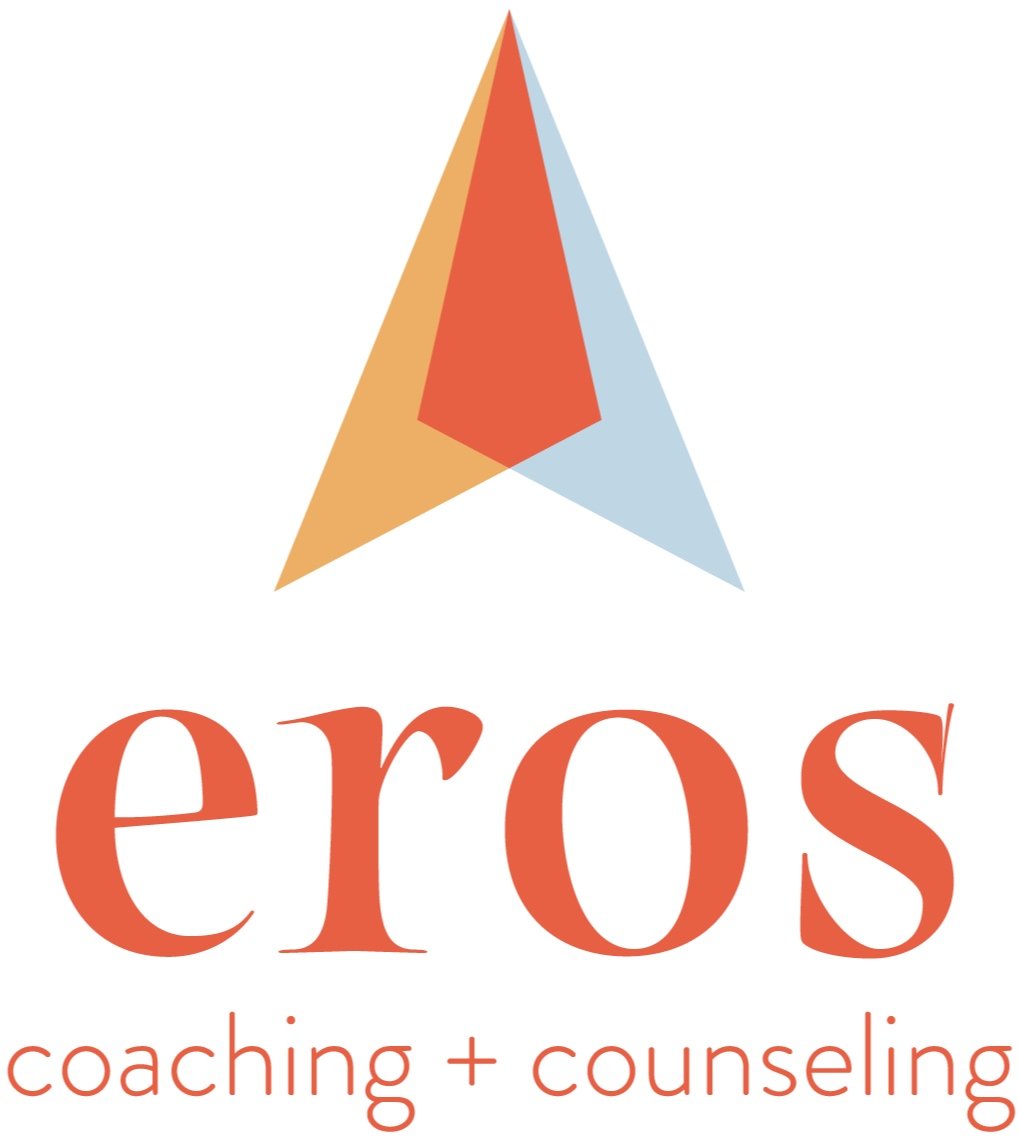Maintaining Connections: Nurturing Friendships During Busy Times and Mental Health Awareness Month
by Darrin Pfannenstiel, J.D., M.Ed. | Dallas Therapist for Individuals and Couples | Serving the DFW Metroplex and Texas
May is Mental Health Awareness Month. As such, this annual reminder is intended to encourage us to reflect on our mental well-being and the health of those around us. As a therapist and someone who often finds maintaining personal connections challenging myself, I understand the struggles many face in keeping in touch with friends amidst our hectic schedules. In this blog post, I'll share personal insights and professional tips on how to maintain and strengthen these vital connections.
The Importance of Connection
Research consistently shows that strong social connections are crucial for our mental health. They help us manage stress, improve our emotional resilience, and can even lead to longer, happier lives. Yet, as life demands more of our time and attention, these essential relationships can inadvertently take a back seat. Sometimes, it can have the same feeling as the one we get when we have all the best intentions to go to the gym, but just don’t “feel like it.”
Practical Tips for Maintaining Friendships
1. Schedule Regular Check-Ins
Just as you might schedule a meeting at work or a regular check-up with your doctor, consider setting a fixed time to catch up with friends. Whether it’s a bi-weekly phone call or a monthly coffee meet-up, proactively scheduling these interactions on your calendar and sticking to them ensures they won’t be overlooked.
2. Leverage Technology Wisely
In our digital age, technology can be a double-edged sword. While it’s easy to get lost in the passive scrolling through social media, we can use technology actively to our advantage. Send a quick text to check in on a friend, share a meme that reminds you of an inside joke, or set up video calls when physical meet-ups aren’t possible.
3. Celebrate Important Moments
Make an effort to remember and celebrate important moments in your friends’ lives, such as birthdays, anniversaries, or professional achievements. A simple congratulatory message or a card can go a long way in showing that you care and value your relationship.
4. Be Open About Your Struggles
Friendships thrive on mutual support and understanding. During Mental Health Awareness Month, it’s particularly relevant to be open about your struggles. Sharing not only alleviates your own burden but also opens the door for your friends to share their experiences and challenges, fostering a deeper connection.
5. Initiate Activities That Nurture Your Bonds
Sometimes, maintaining connections is about quality over quantity. Organize activities that allow you to spend quality time together, whether it’s a hiking trip, a painting class, or a simple potluck dinner. These activities create shared memories and can reinvigorate relationships.
Personal Reflections
Personally, I chose to write about this topic for May’s Mental Health Awareness Month because it’s the #1 issue I am currently working on regarding my own self-care and mental health.
Something I am learning about myself in mid-life is that I’m not accustomed to having to make and maintain friendships because, most of my life, others have sought me out for friendship, and I’ve had a built-in “group” to whichI belonged and upon which I could rely.
After moving to Dallas in 2016, experiencing a career change, and navigating the isolation of COVID, I found myself without my built-in, go-to group of friends. And making friends in mid-life differs from making friends in your 20’s and 30’s. In my own experience, friends made in younger years are often made out of spontaneity or circumstance whereas friendships I long for at my current age are more intentional and/or perhaps values-driven friendships with shared interests and views.
My goal in sharing all this with you is to let you know that even therapists have things we work on that we must improve. Just like our clients, we face all the challenges of being human. So, if this is also an issue for you, know that you’re not alone.
some final thoughts
As we observe Mental Health Awareness Month, let’s make a conscious effort to nurture our friendships. Our connections are not just lifelines in times of strife but also sources of joy and laughter in the day-to-day. I encourage you to pick up the phone, schedule a meet-up, and reach out. Remember, no one is too busy for the relationships that truly matter. By strengthening our bonds, we not only enhance our own lives but also contribute to a healthier, more connected community.
Connect and Share
As we continue to navigate the complexities of life and strive for better mental health, remember, you are not alone. If this topic resonated with you, or if you’re seeking support and guidance on nurturing your relationships or any other personal challenges, I’m here to help. Consider reaching out for a consultation at Eros Counseling, where we can explore these topics together in a supportive and understanding environment. Alternatively, feel free to share this post with someone who might find it helpful. Let's take these steps together towards a more connected and fulfilling life.
Darrin Pfannenstiel is an attorney-turned-therapist serving men, women, and couples in the Dallas area at his practice called Eros Counseling — www.eroscounseling.com.
He has practiced Buddhist meditation and mindfulness for over 25 years — having formerly taught meditation at a Buddhist center when he lived in Austin. He specializes in working with both individuals and couples.
Darrin helps clients gain insights into their inner strengths so they can learn how make their own positive changes in their lives.
He is also a Certified Sex Therapist (CST), and is trained in The Gottman Method for couples counseling.
As a writer, Darrin aims to share practical strategies and insights to help readers improve their mental health and live a fulfilling life.

